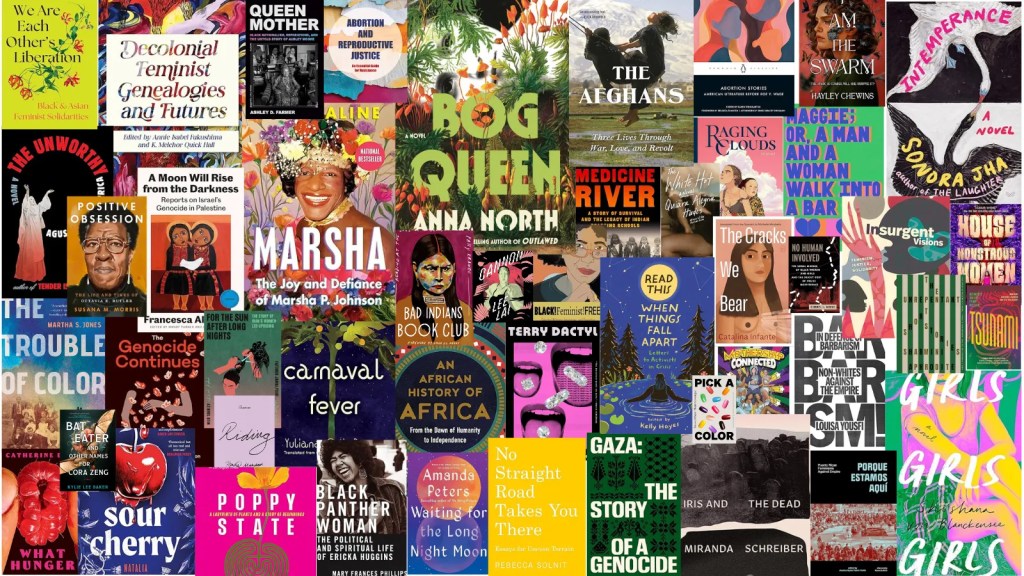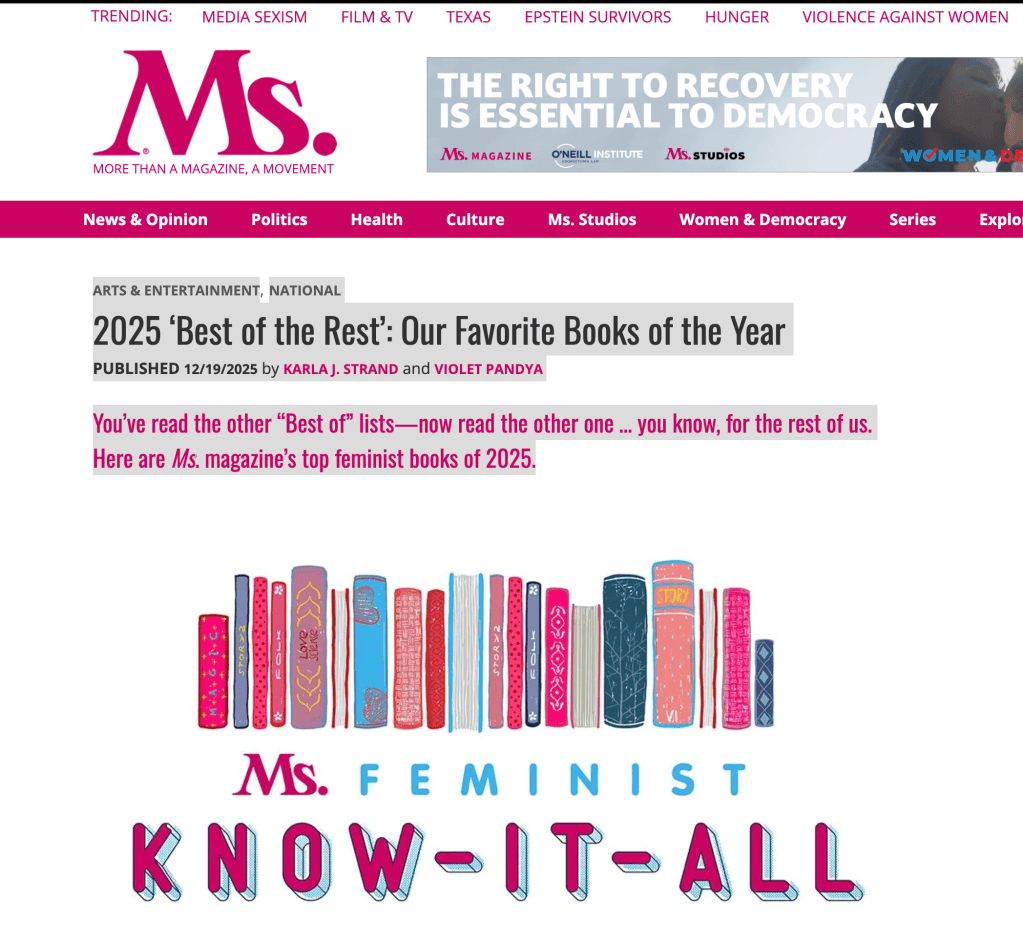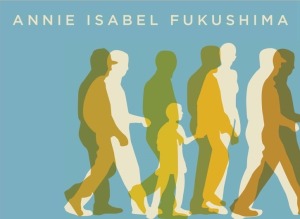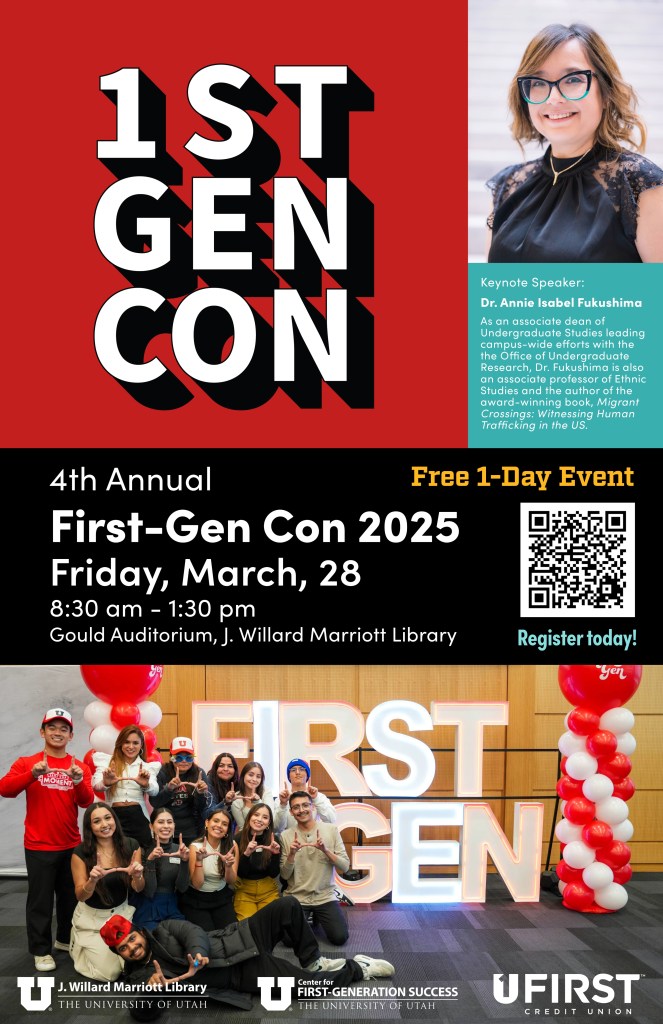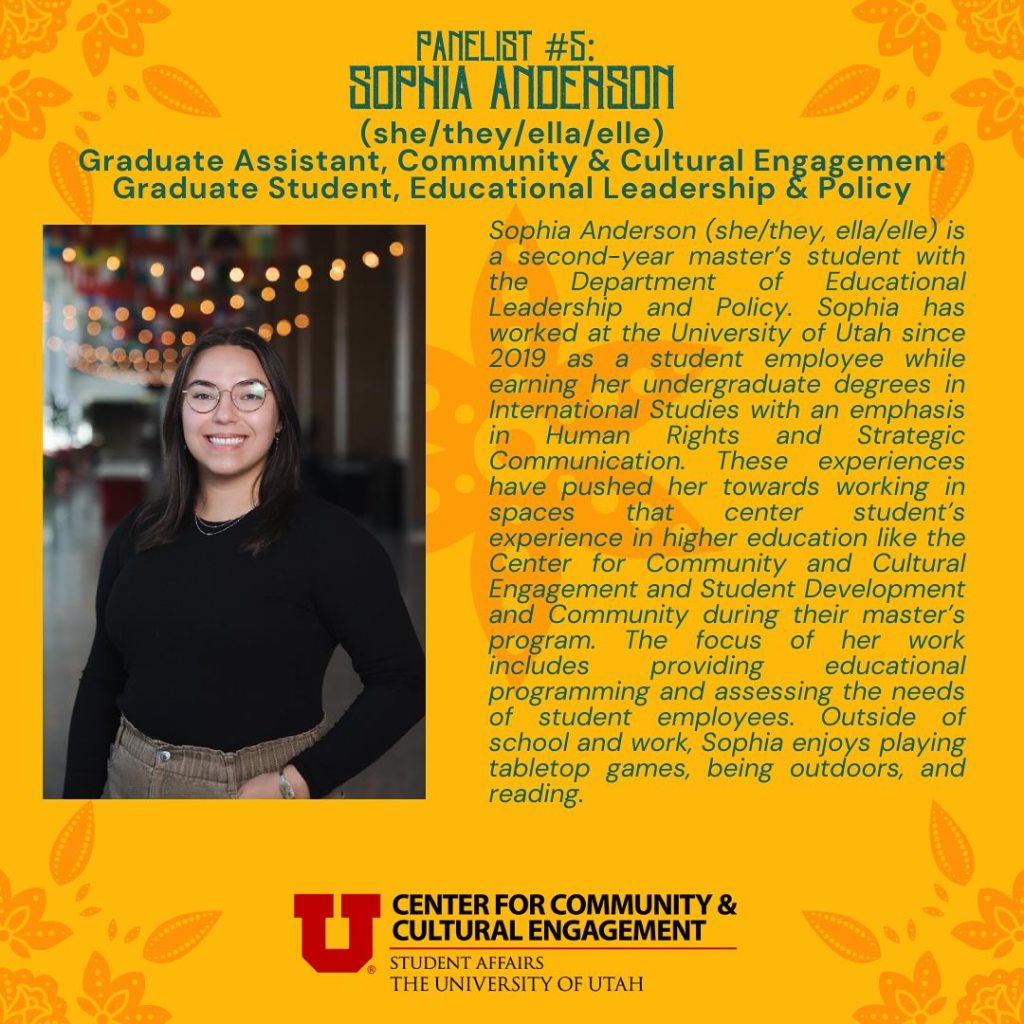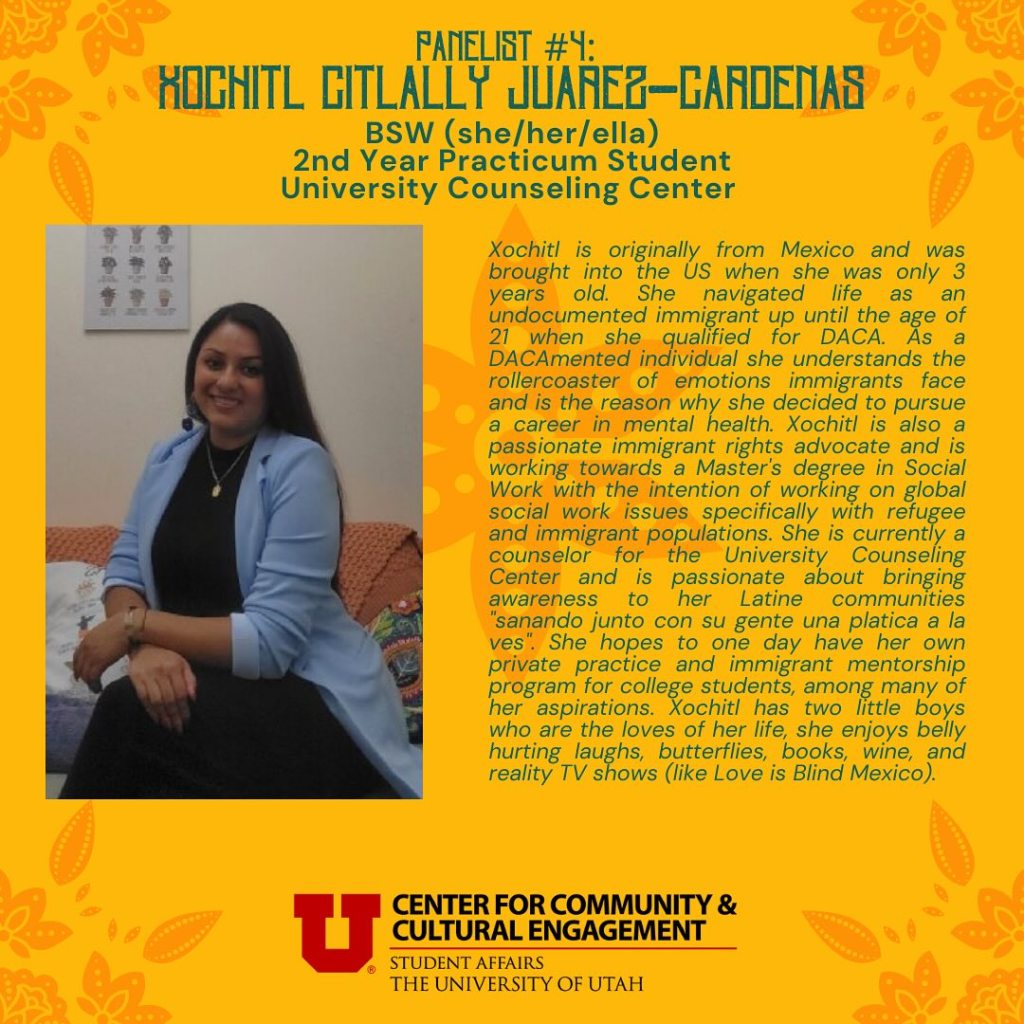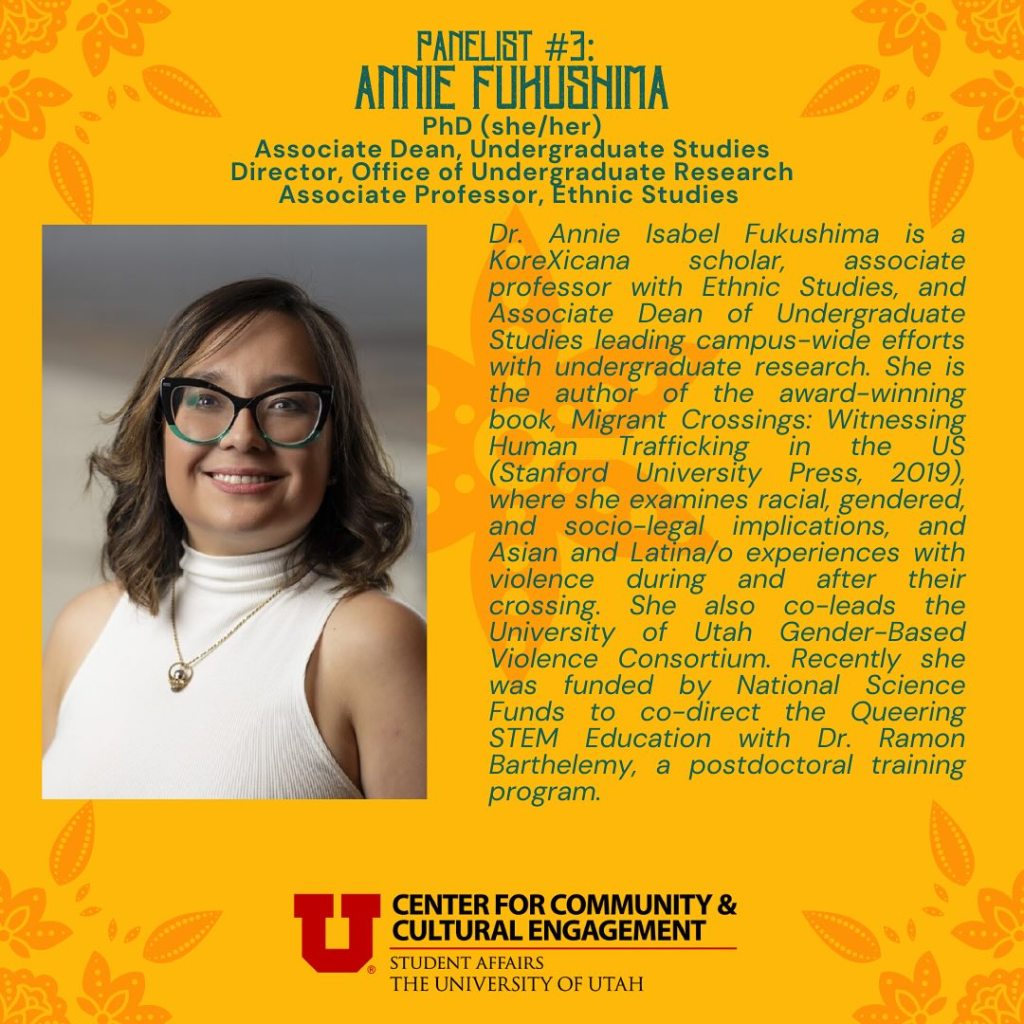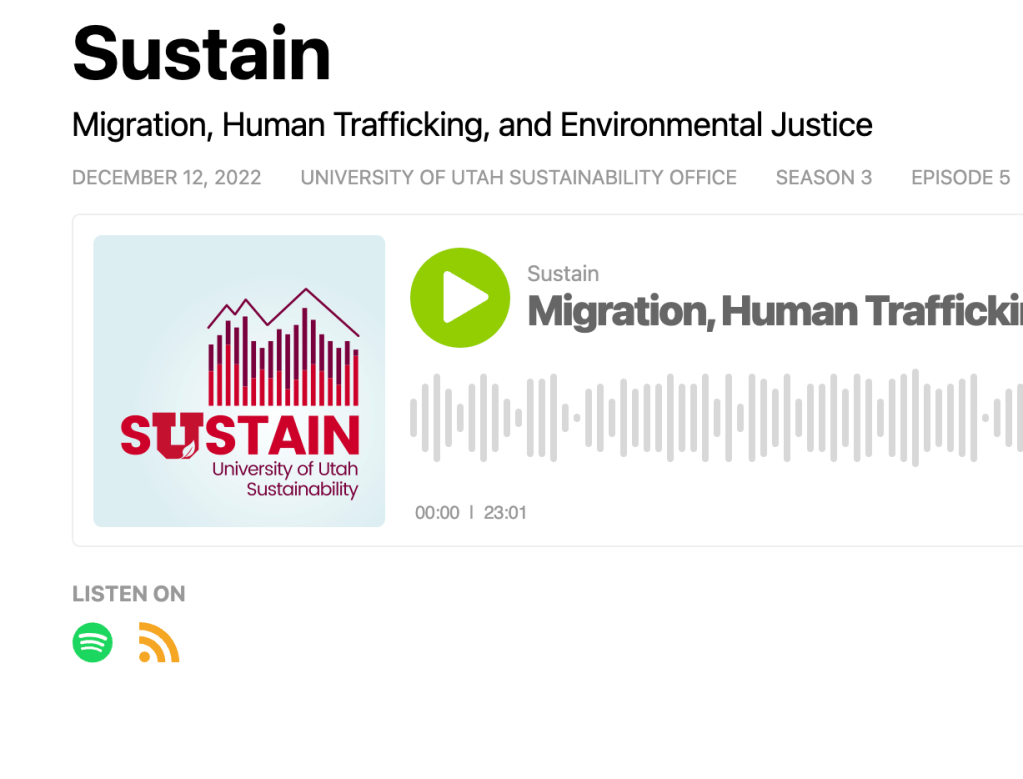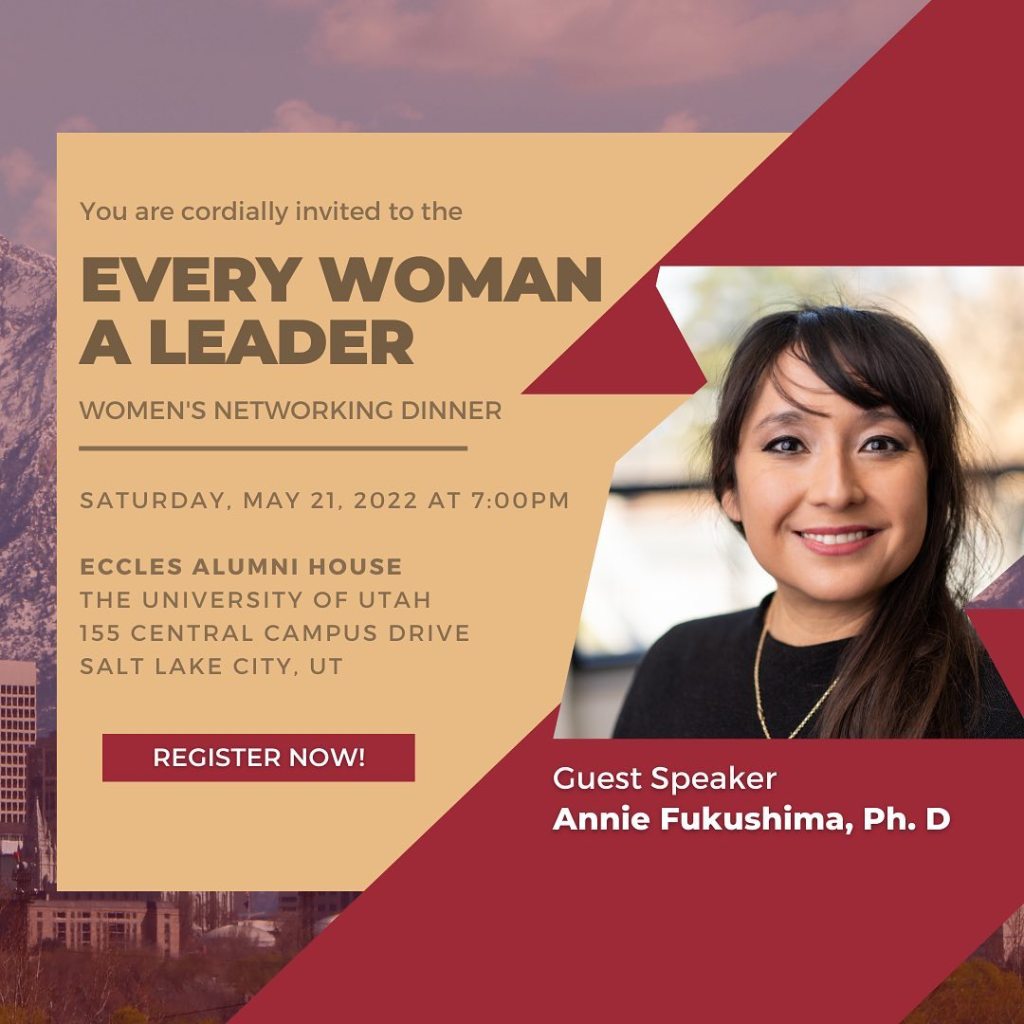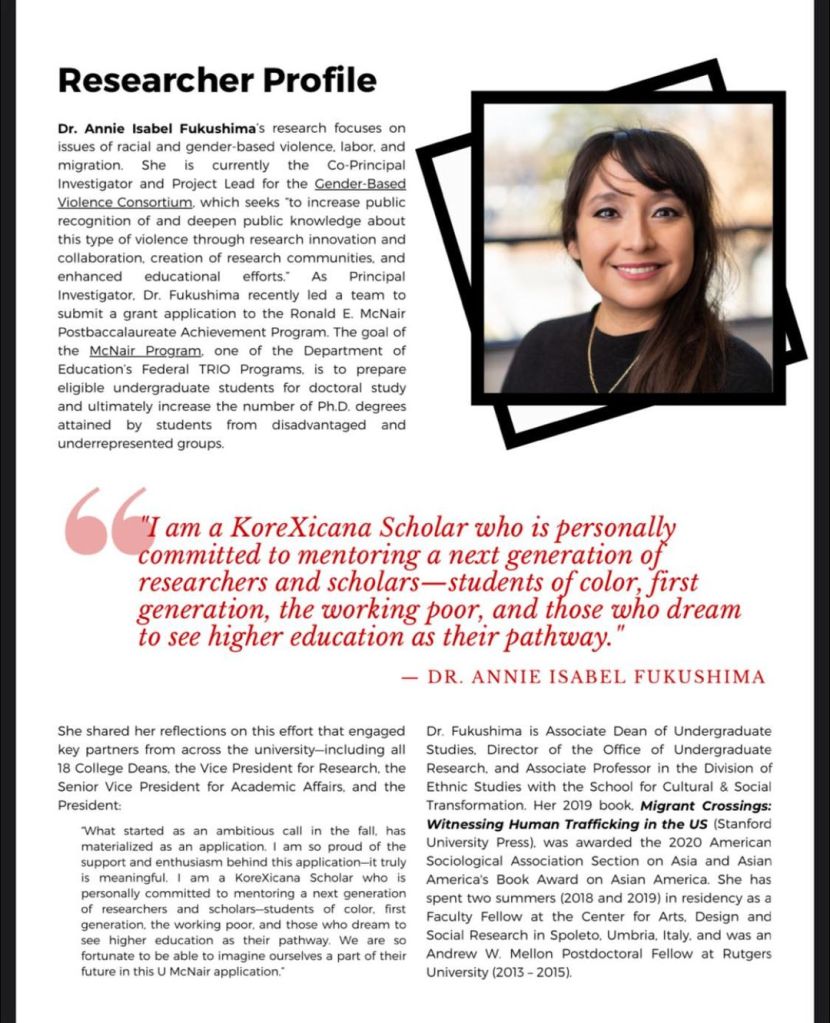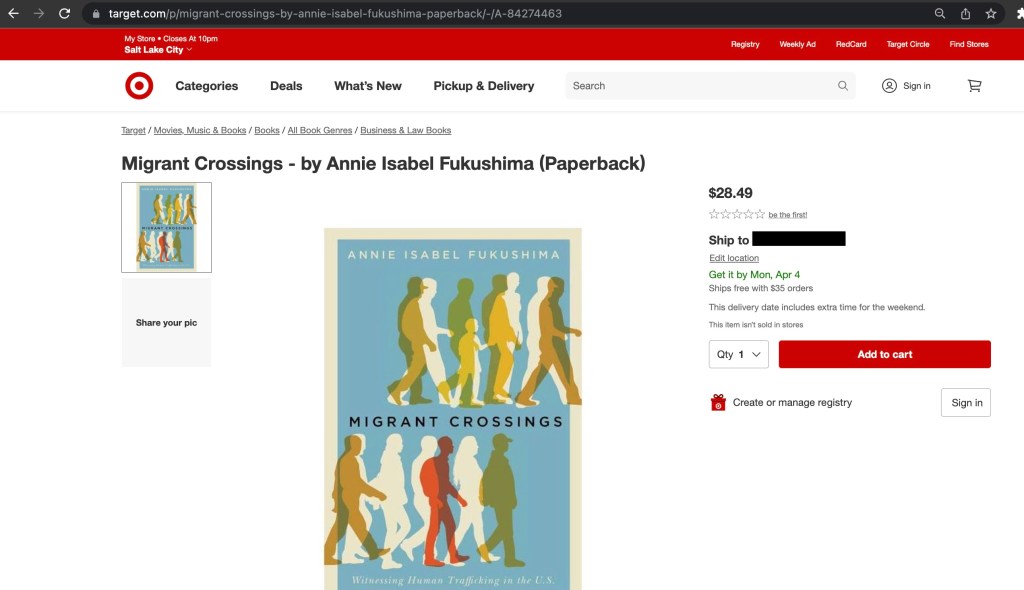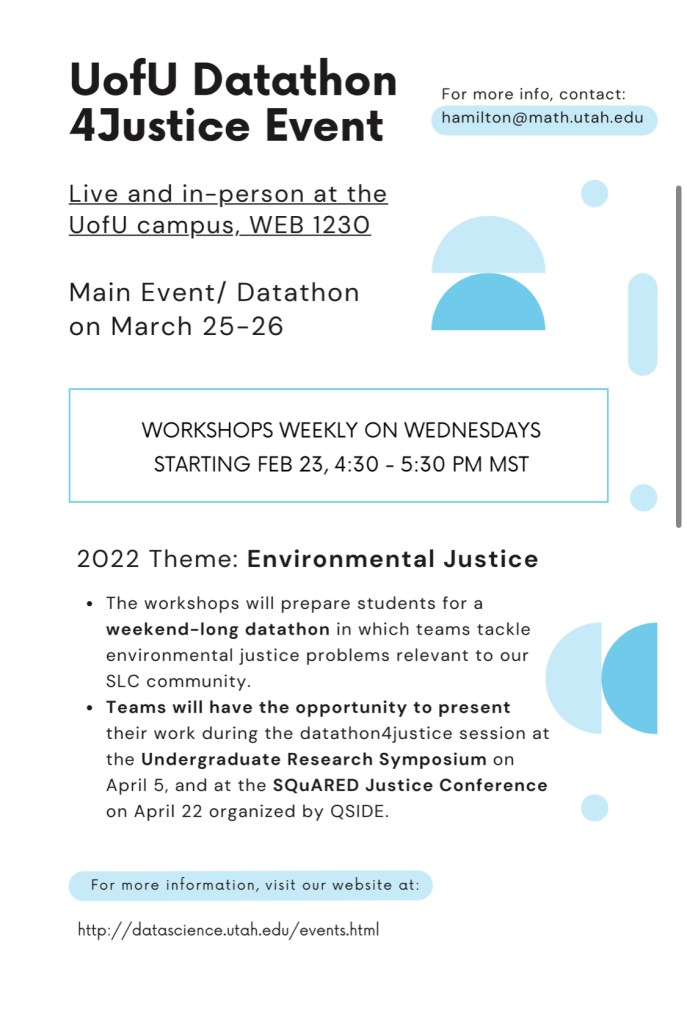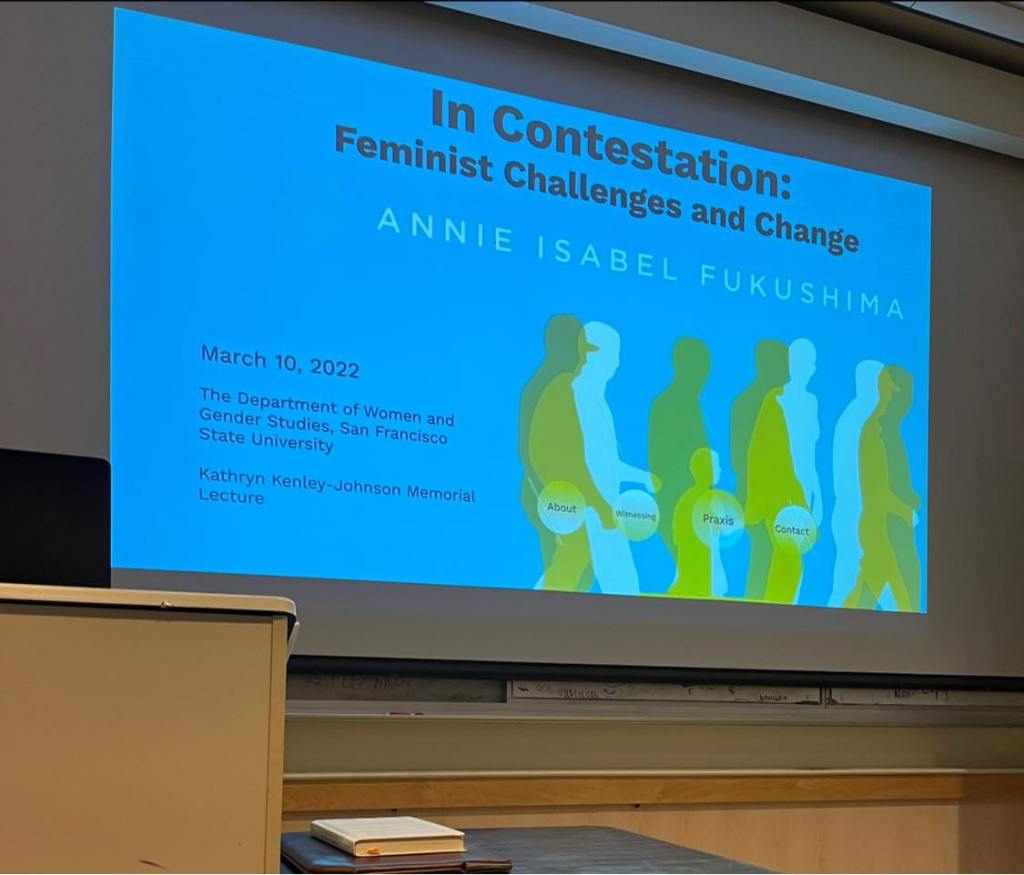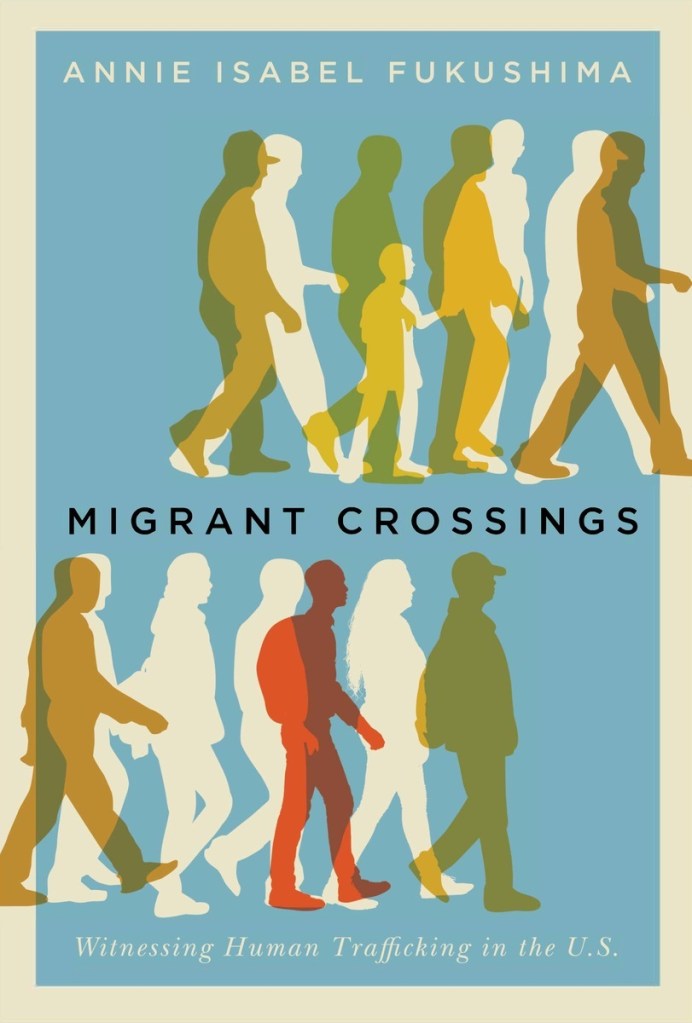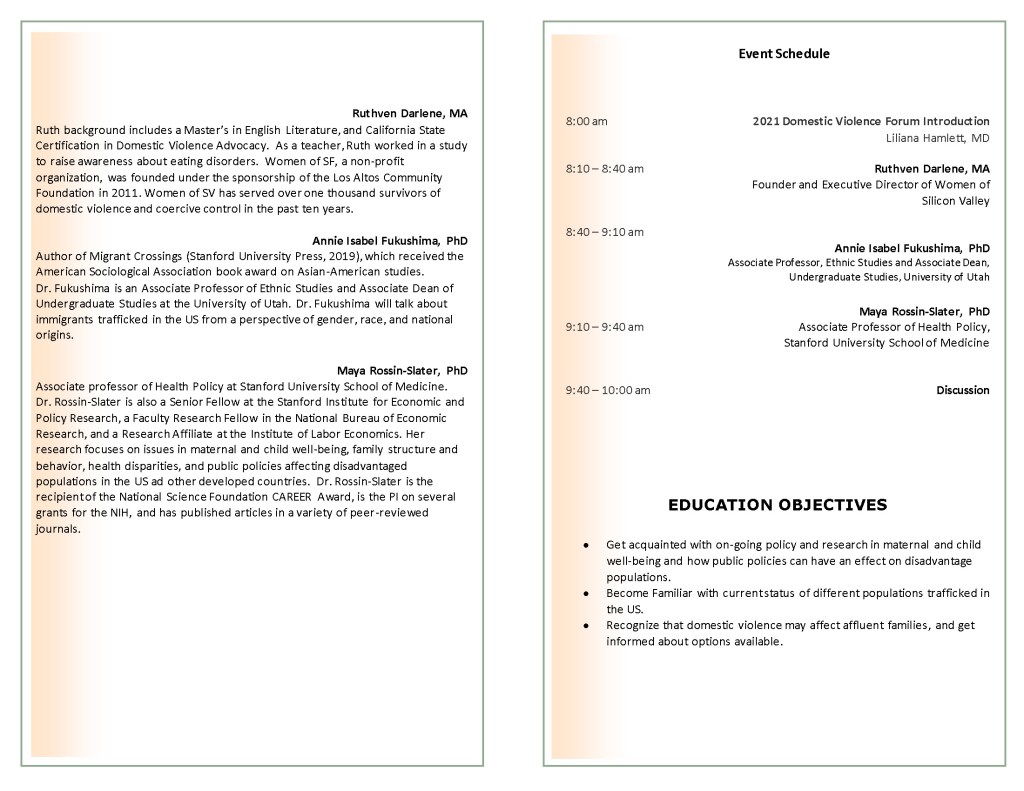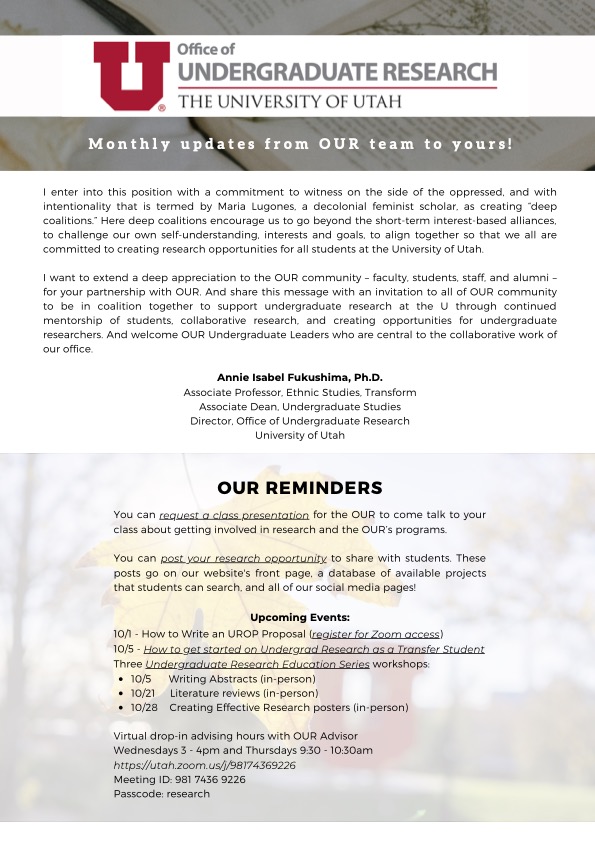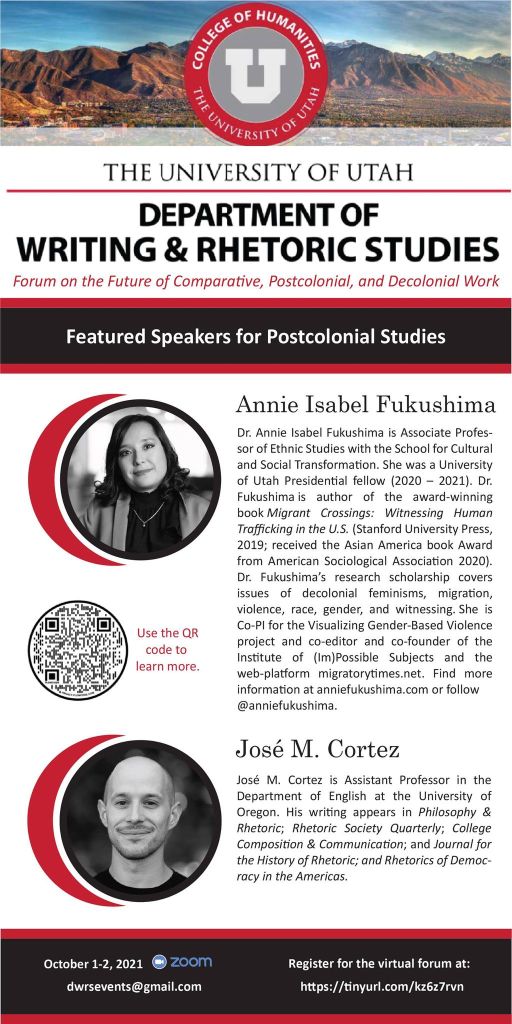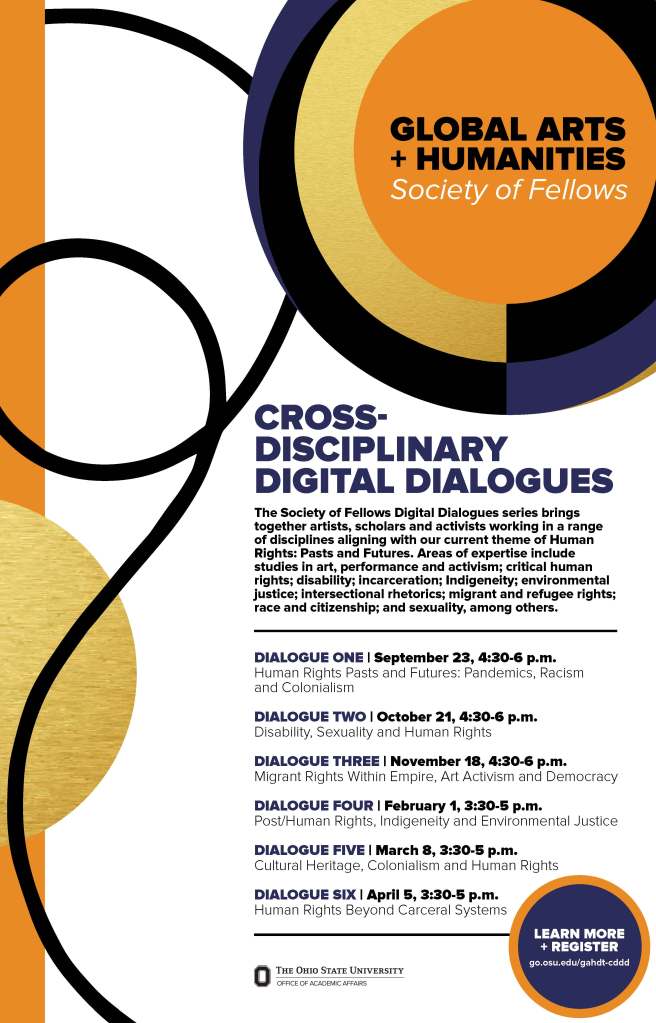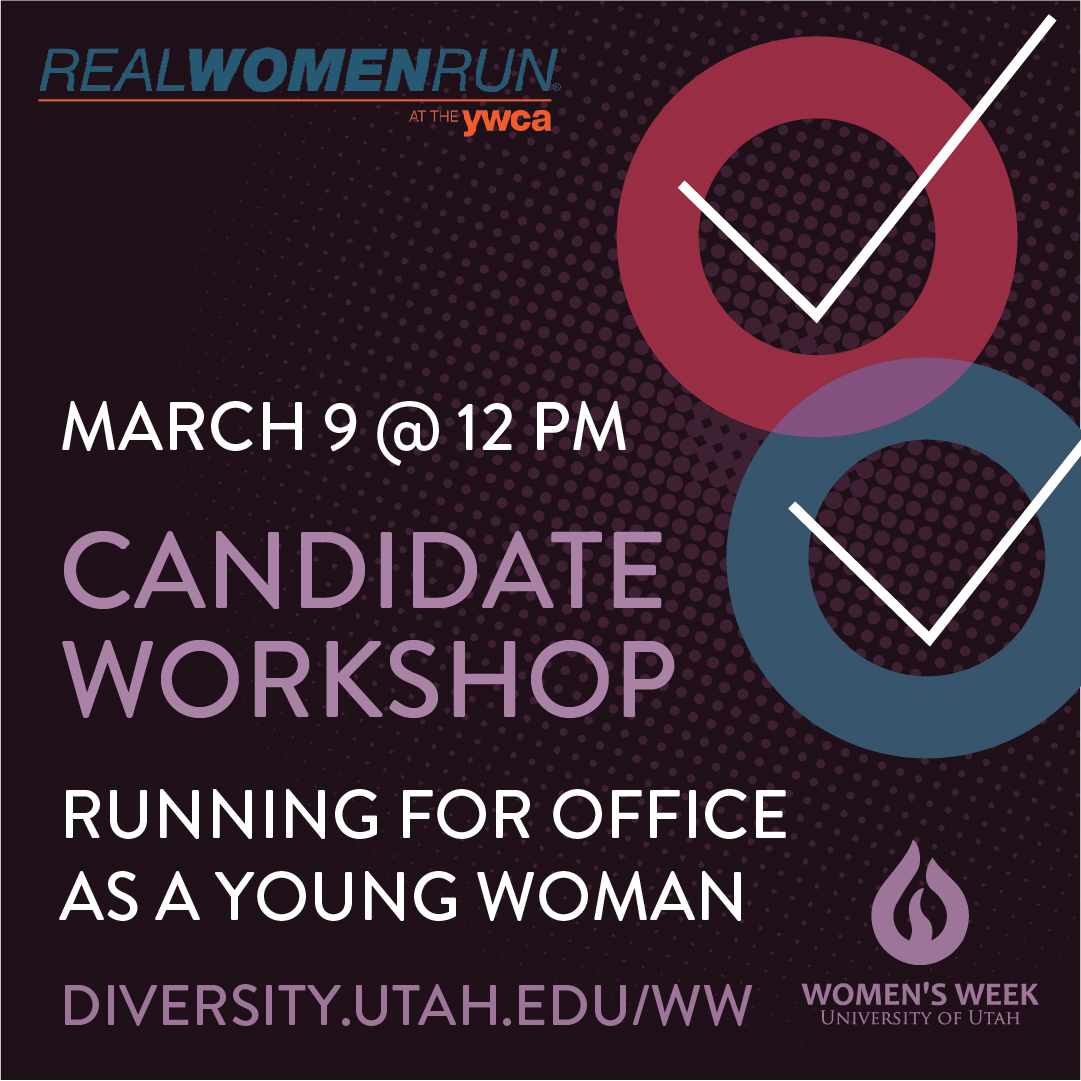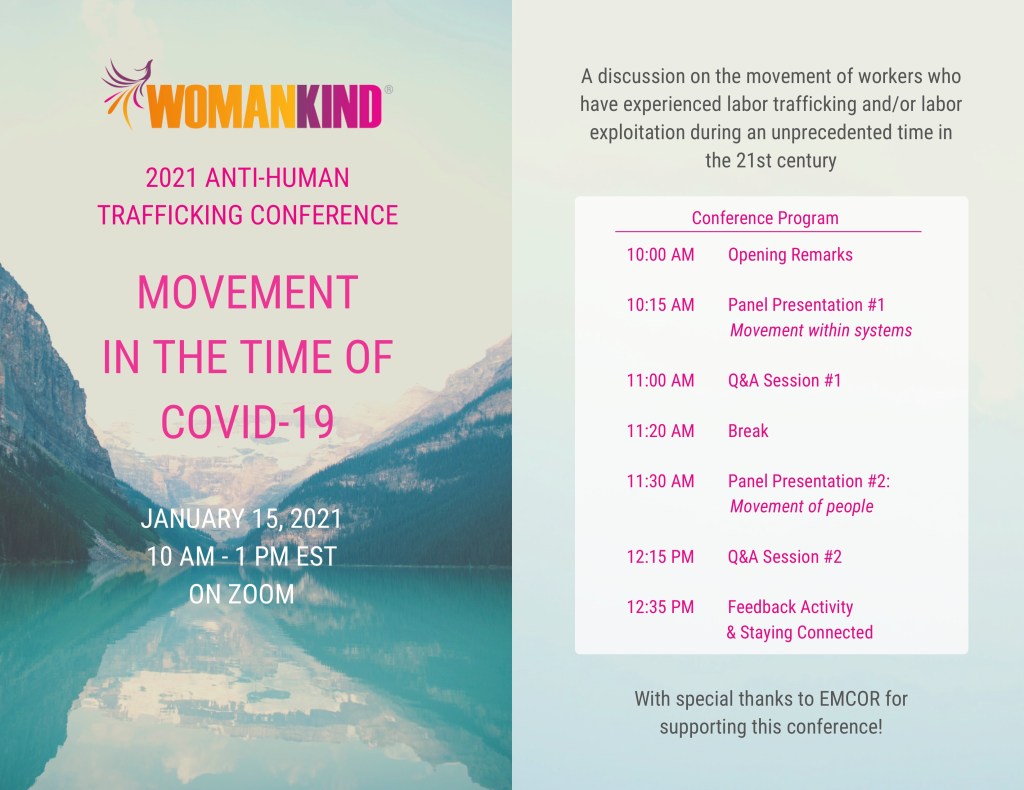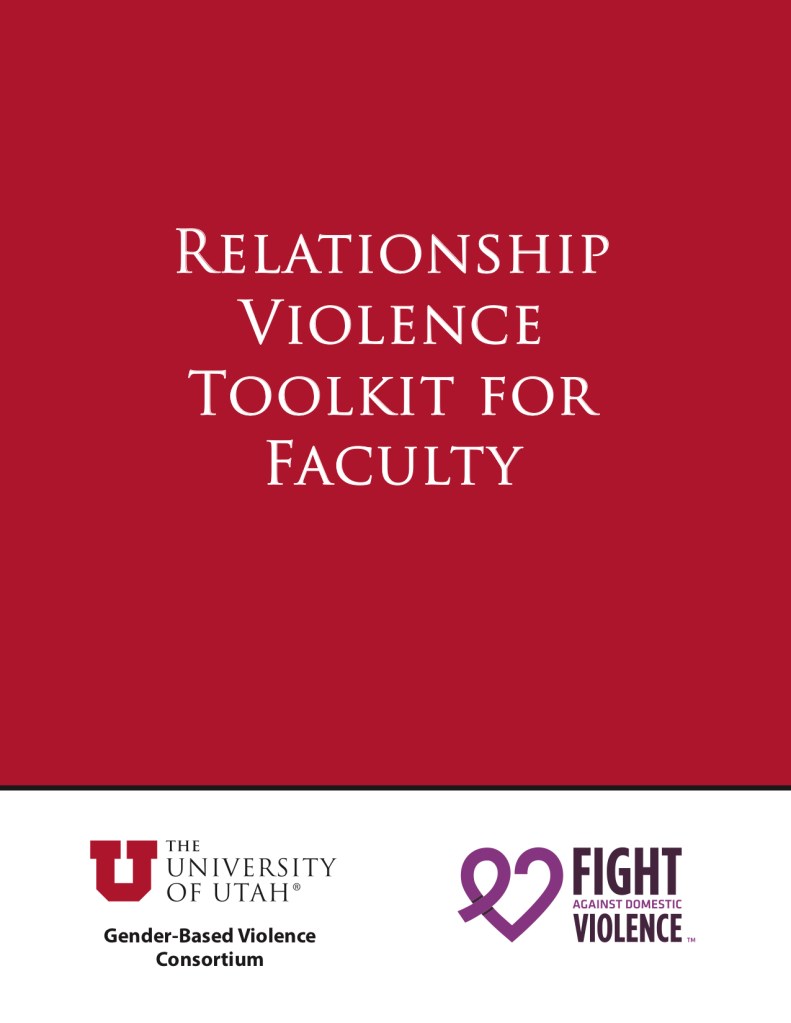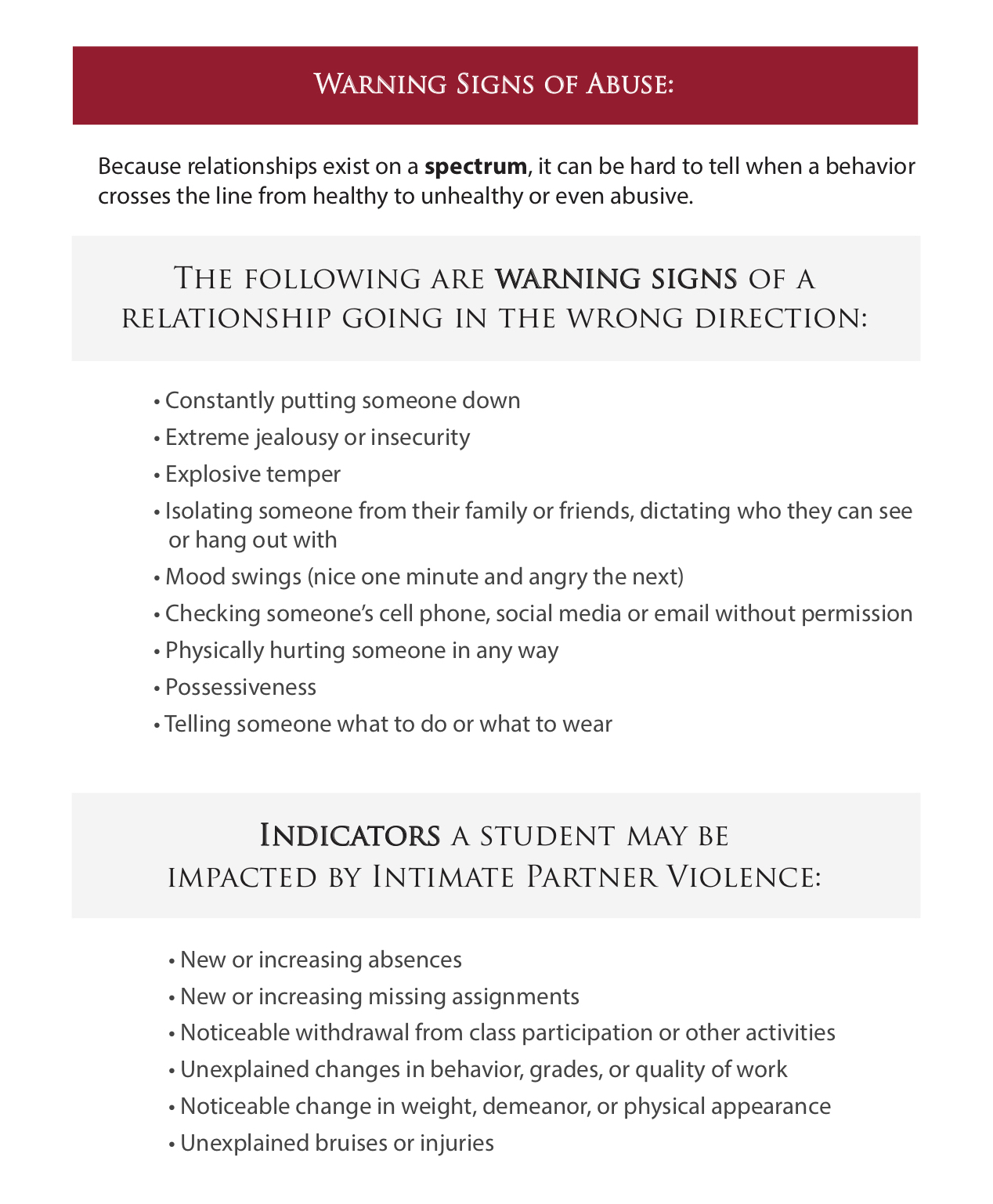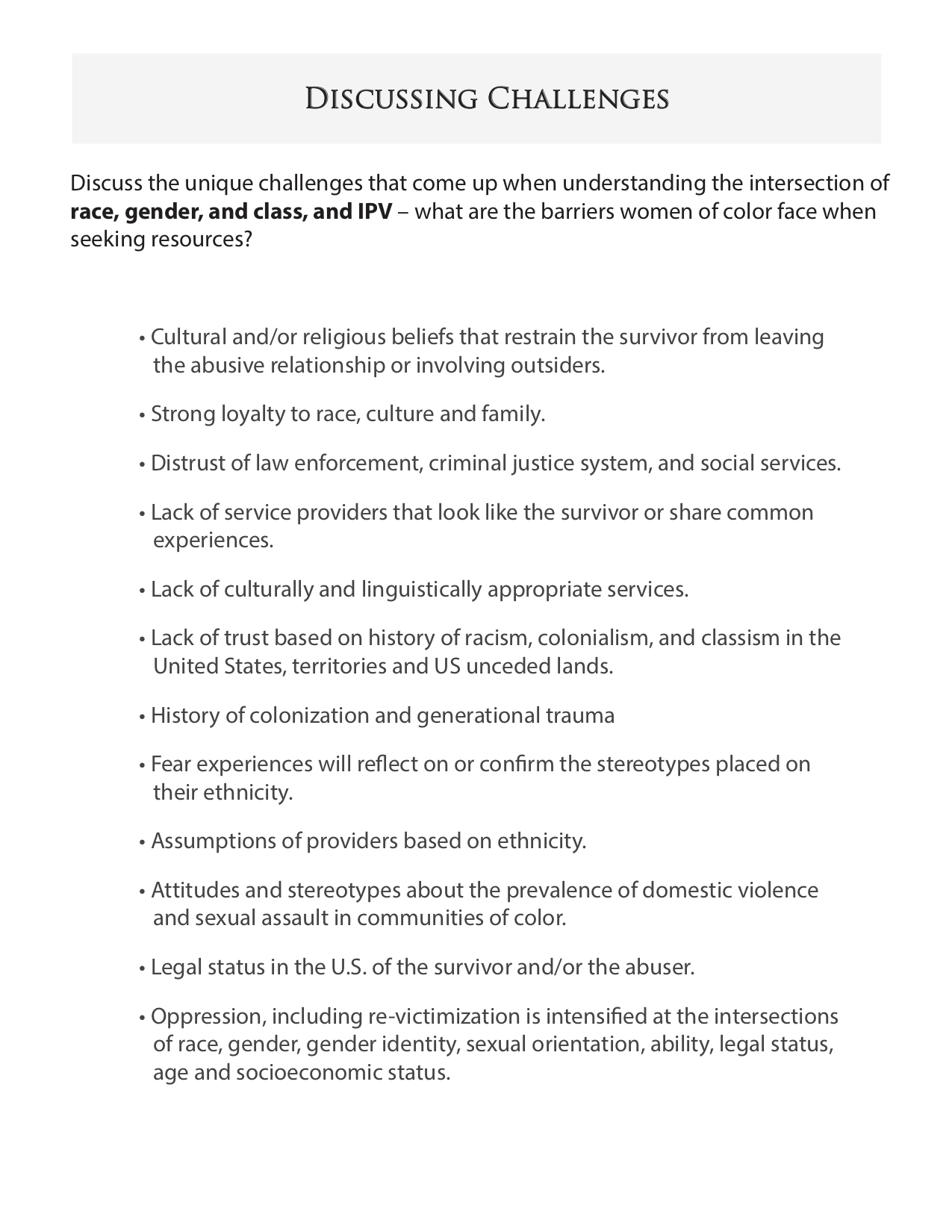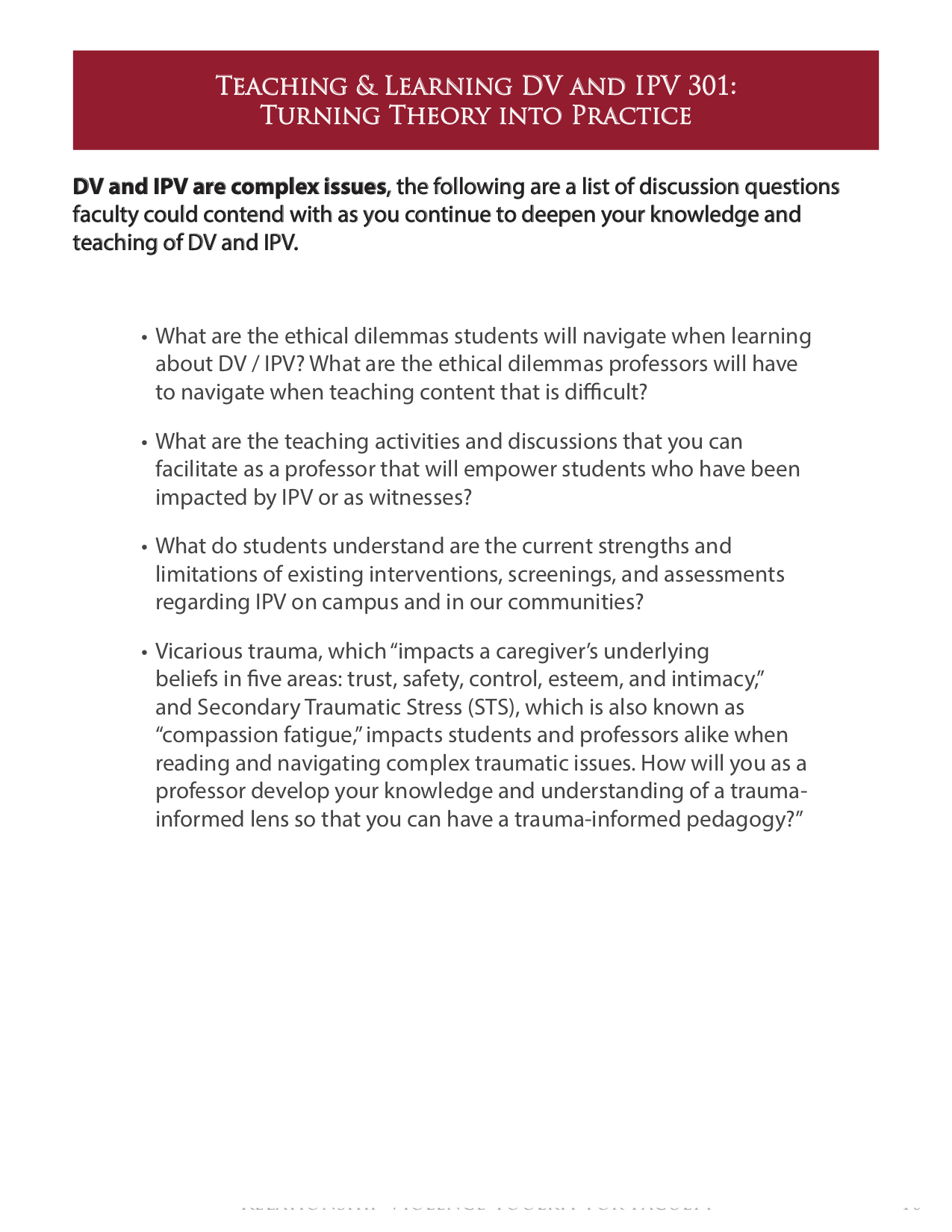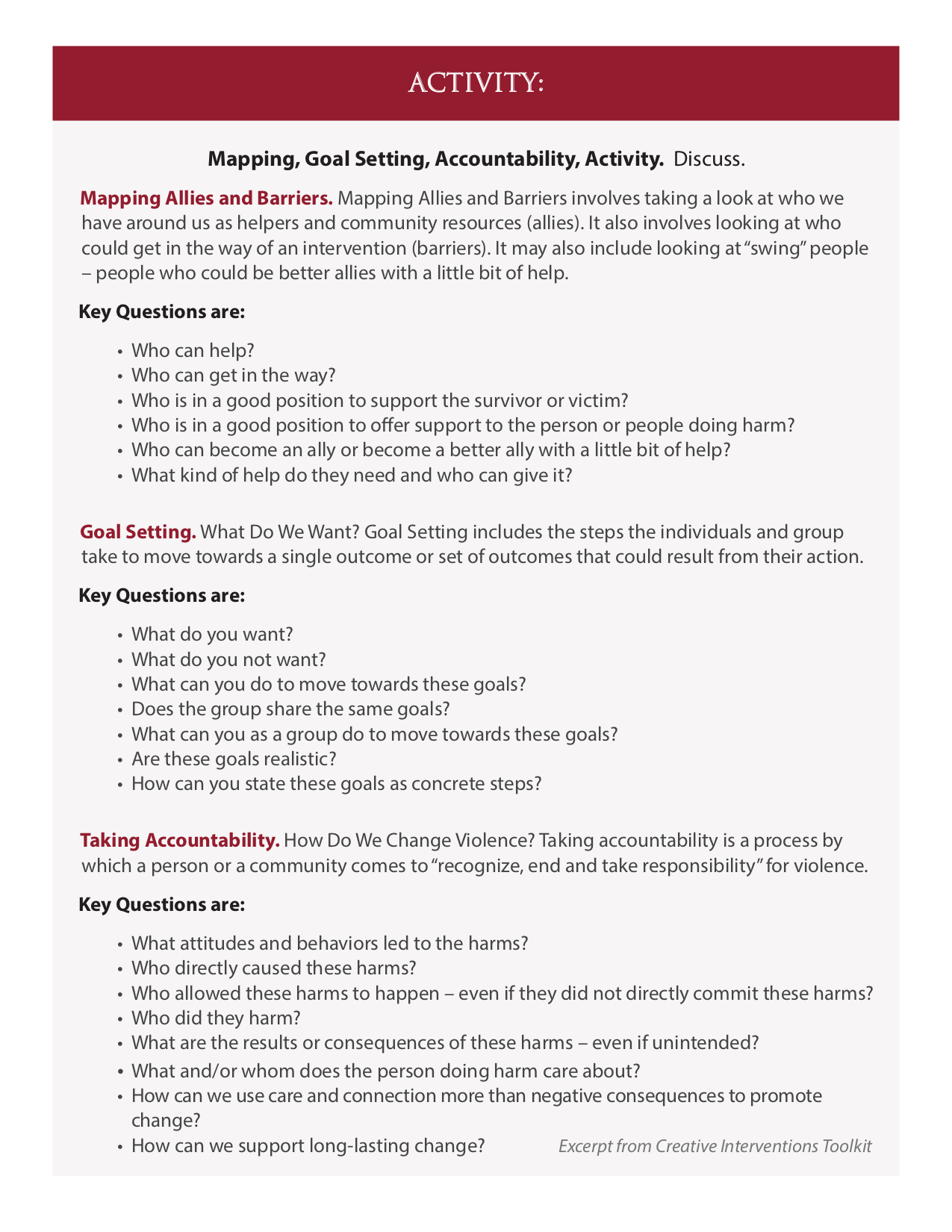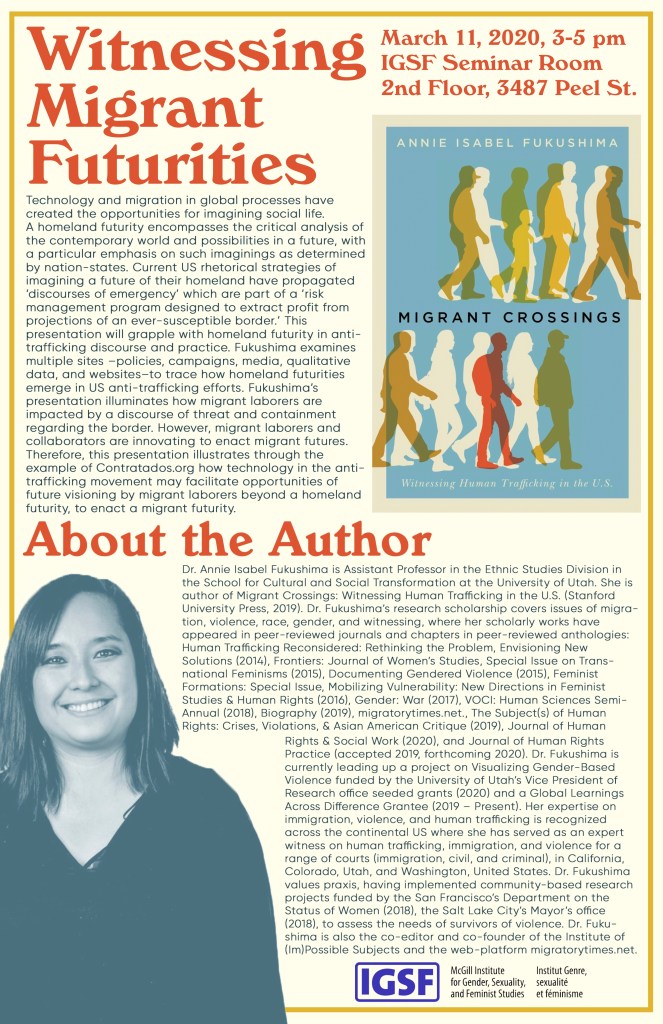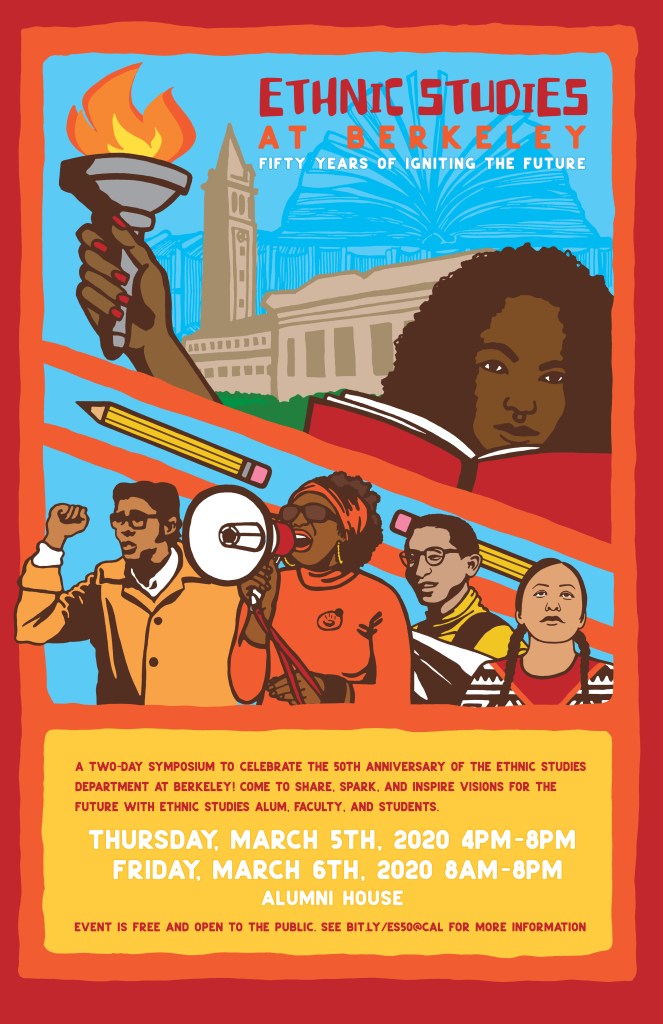https://www.antitraffickingreview.org/index.php/atrjournal/announcement/view/27
2020-05-12
Anti-Trafficking Education: Pedagogy, Policy, and Activism
Guest Editors: Annie Isabel Fukushima, Annie Hill, and Jennifer Suchland
Deadline for submissions: 15 November 2020
Teaching and learning about trafficking far exceed the boundaries of the traditional student and classroom. Students range from novice to expert across various professions and industries as well as survivors of, and witnesses to, trafficking. From short-form workshops to long-term engagements, anti-trafficking education is a growing field that impacts multiple sectors, including the medical profession, social work, hospitality, travel, and law enforcement. In response to the proliferation of anti-trafficking education, this special issue of Anti-Trafficking Review will endeavour to assess, understand, and share pedagogical approaches and practices within the anti-trafficking movement.
Although anti-trafficking education is often localised, it has global and transnational implications. Educational offerings aim to cultivate a breadth of skills from identifying trafficking situations to training and supporting survivors, with impacts that not only affect practices and policies but also create knowledge about what constitutes trafficking. Programmes for survivors may be optional or mandatory and include vocational, language, or financial literacy classes. Anti-trafficking education is also institutionalised by local and national governments, and it appears in college classrooms, MOOCs (massive open online courses), and even, in some contexts, as part of legislated local responses to trafficking.
In addition to facilitating teaching and learning that prioritises trafficking interventions and survivor support, some educational strategies try to prevent human trafficking. As such, anti-trafficking education targets groups deemed at risk, particularly young people and potential migrants. For example, pre-departure trainings in Asia and Africa reveal how such interventions have grown from a public awareness focus to actualising efforts that prevent trafficking at its ‘source’.
This special issue of Anti-Trafficking Review invites scholars, activists, practitioners, survivors, and others involved in anti-trafficking education to evaluate and share how they disseminate knowledge about trafficking. In addition to generating much-needed assessments of anti-trafficking pedagogical practices, the special issue will consider how anti-trafficking education is a growing field where facts, truths, lessons, and approved interventions become established. This established (yet contested) knowledge circulates and competes for audiences and funding. Moreover, social justice projects – such as those advocating for the rights of migrants, workers, and incarcerated survivors of domestic and sexual violence, or demanding justice for murdered and missing Indigenous women – challenge racialised, gendered, colonial, and economic violence. Yet, there are tensions about whether and how anti-trafficking education diverts attention and resources away from these longstanding efforts.
We invite submissions that analyse anti-trafficking education in a variety of contexts and from diverse perspectives, as well as contributions that assess instructional materials, use or propose innovative pedagogies, and/or advocate for coalitional practices that teach about trafficking from an intersectional and cross-issue framework.
Contributors are invited to engage with, but need not limit themselves to, the following questions:
- What are the promising practices for educating anti-trafficking stakeholders (e.g., social service and healthcare providers, lawyers, activists, community-based organisation workers, etc.) and the people deemed vulnerable to trafficking, such as migrants and youth? What obstacles, assumptions, and side effects exist, and are they addressed by instructors and instructional materials? How are instructors trained and supported to deliver educational materials on trafficking?
- How do indigeneity, race, class, gender, nationality, and/or sexuality impact pedagogical approaches, practices, and student-instructor dynamics? Have western perspectives on human trafficking furthered imperial forms of knowing? What types of education are modelling practices that centralise indigenous and alternative ways of knowing, skill sharing, and disseminating information about human trafficking?
- How has the development of survivor-led outreach and educational programming altered teaching and trainings on human trafficking?
- What is the current landscape of online instruction on human trafficking? What opportunities and consequences arise when teaching in online contexts rather than in person? Additionally, what results from the proliferation of online and in-person pedagogical platforms as tools in anti-trafficking agendas?
- What might we learn by analysing the various constituencies that are drawn to, or required to, become informed on the topic?
- What are the goals and results of trafficking education for scholars, activists, practitioners, students, and people affected by trafficking and anti-trafficking agendas? How are goals and results measured, and how might negative effects (e.g., misinformation, re-traumatisation, misguided interventions) be mitigated against when planning and implementing educational materials and experiences?
- How can anti-trafficking pedagogical practices connect to and reinforce longstanding social justice initiatives, such as those advocating for the rights of migrants, workers, incarcerated survivors of domestic and sexual violence, and indigenous and native sovereignty? How are trainers and educators creating and advancing anti-trafficking curricula and content in coalition with affinity movements (e.g., immigration, anti-racist, feminist, labour, etc.)? How can such education connect social justice work with other critical anti-trafficking approaches?
Deadline for submissions: 15 November 2020.
Word count for full article submissions: 5,000 – 7,000 words, including footnotes, author bio and abstract.
In addition to full-length conceptual, research-based, or case study thematic papers, we invite authors to contribute short pieces for a Forum Section on the topic of trafficking and education. We particularly encourage practitioners with diverse expertise in trafficking education to reflect on their experiences, teaching strategies, curriculum design, and/or target audiences in order to provide practical examples and advice for others in the field of trafficking education. We envision contributors potentially offering sample exercises, syllabi, or education materials as well as exploring the challenges and benefits involved in educating different groups about trafficking.
Word count for Forum submissions: 1,000 – 1,200 words, including footnotes and author bio.
We advise those interested in submitting to follow the Review’s style guide and submission procedures, available at http://www.antitraffickingreview.org/. Manuscripts should be submitted in line with the issue’s theme. Email the editorial team at atr@gaatw.org with any queries.
Special Issue to be published in September 2021.
